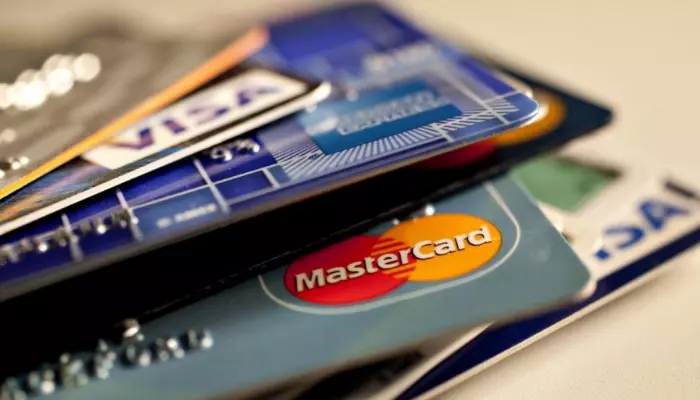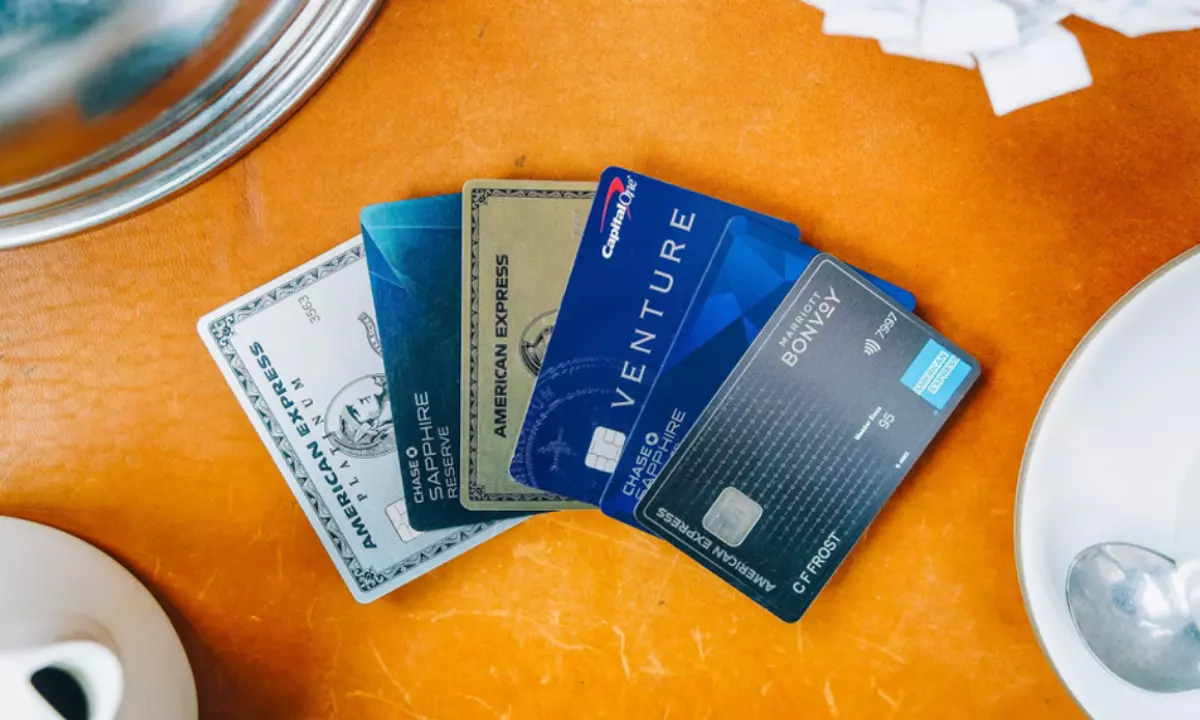
Although there are many different types of credit cards on the market, the main difference between student credit cards and regular credit cards is that student credit cards are designed specifically for students. The primary purpose of student credit cards is to help students build credit and encourage good credit management. Let’s take a look at some of the pros and cons of student credit cards.
Student credit card benefits
Help build a credit history
Student credit cards are designed to help you build your credit history and scores. Building a credit history is important if you want to be approved for better credit cards, mortgages, auto loans, or other types of credit.
However, you can only benefit from the positive impact of your student credit card if you use it responsibly. This means paying your credit card bills on time and in full each month and keeping your credit utilization low. If you can use your student credit card responsibly, you’ll be well placed to make major future purchases (such as a home or car) or take out a loan.
Teach you money management
Another benefit of a student credit card is that it can teach you how to manage your money and be responsible for borrowing. With a student credit card, you can learn how important it is to pay off your balance in full each month, keep your credit utilization low, and make sure you never spend more than you can afford.
One of the most important ways to improve your credit score is to keep your credit utilization rate low. Credit usage is the total amount of your charges divided by the available credit limit. For example, if your credit limit is $500 and your balance is $100, your credit utilization rate is 20%. This is below the recommended 30% credit utilization rate, which is good. Loan utilization rates above 30% are generally considered risky for lenders.
If you want to maintain a good FICO score, make sure you pay off your credit card balance in full each month and keep your credit utilization low.
Help in an emergency
As a student, you may encounter some unexpected expenses while you are in school. When you’re strapped for cash, you might have huge utility bills, you might have to spend hundreds of dollars on textbooks you forgot, or you might have medical issues while traveling abroad.
Your student credit card can help you in an emergency, as long as you make an effort to pay off your credit card bill in full by the end of each month. Remember, if you get into the habit of building up and maintaining your money every month, your credit score will be negatively affected.
Offer some incentives and perks
Just because you’re in college doesn’t mean you shouldn’t enjoy the benefits of a credit card. In fact, many student credit cards offer their own rewards and perks that you can use to your advantage.
One of the most valuable benefits of a student credit card is the rewards program. Credit card rewards programs allow you to earn more points or cash back on popular shopping categories like dining, travel, groceries, and entertainment.
In addition to rewards programs, many student credit cards offer benefits such as no annual fee, welcome offer, 0% introductory APR discount on purchases or balance transfers, no international transaction fees, and fraud and purchase protection.
Disadvantages of Student Credit Cards
lower credit limit
As a student, it’s hard to get a high-limit credit card. That’s not to say there aren’t any student credit cards with higher credit limits — there are. However, these usually apply to people with better credit histories and good credit scores. If you have low or no credit history, you may need to start with a student card with a lower credit limit.
Although building your credit history is a gradual process, if you use your student credit card responsibly, you can get a higher credit limit on some credit cards in as little as six months.
High interest rate
Average interest rates on student credit cards are higher than regular credit cards. If your interest rate is on the high side, your APR may be 27% or higher. Still, there are student cards with low interest rates. If you choose the correct student ID, you can get low interest rates of around 13% to 20%. Other student cards may include an introductory 0% APR on purchases and balance transfers over a period of time. However, you can avoid paying high interest by paying your balance on time and in full each billing cycle.
Responsible handling is critical
It’s also important to be responsible for your student credit card. While some students use their cards to pay for basic needs or emergencies, exhausting your credit limit or failing to make payments on time can result in high interest costs, late fees, negatively impact your credit score, and more. If you want to maintain good credit and let your student credit card work for you, be sure to take charge of your finances.
Fewer advantages compared to regular credit cards
Student credit cards are valuable for building credit, but the general consensus is that you can get more out of a regular credit card. With a student ID, you’re more likely to miss out on features that top rewards credit cards can offer, such as: B. Higher premium rates, generous sign-up bonuses, and travel perks.
With a student credit card, you can expand your credit history, gain credit card management experience, and improve your credit score. Once you have good credit, you can look for regular rewards credit cards that earn more rewards and offer more benefits.
Résultat final
Before you apply for any of the best student credit cards, it’s important to consider how a student credit card fits into your financial life. While a student credit card can be a useful tool for building your credit history and score, it can also be a great way to spend money you don’t have — and face the consequences. Make sure you can pay your balance in full on time and that you are on your way to a strong financial future.
Apprendre encore plus:
-
-
-
-
Examen de la carte Delta Skymiles® Reserve American Express – En savoir plus.
-
AmEx se concentre sur l'expérience client avec un nouveau compte courant et une application repensée
-
Récompenses de la carte Discover it® Rewards voyez comment cela fonctionne


